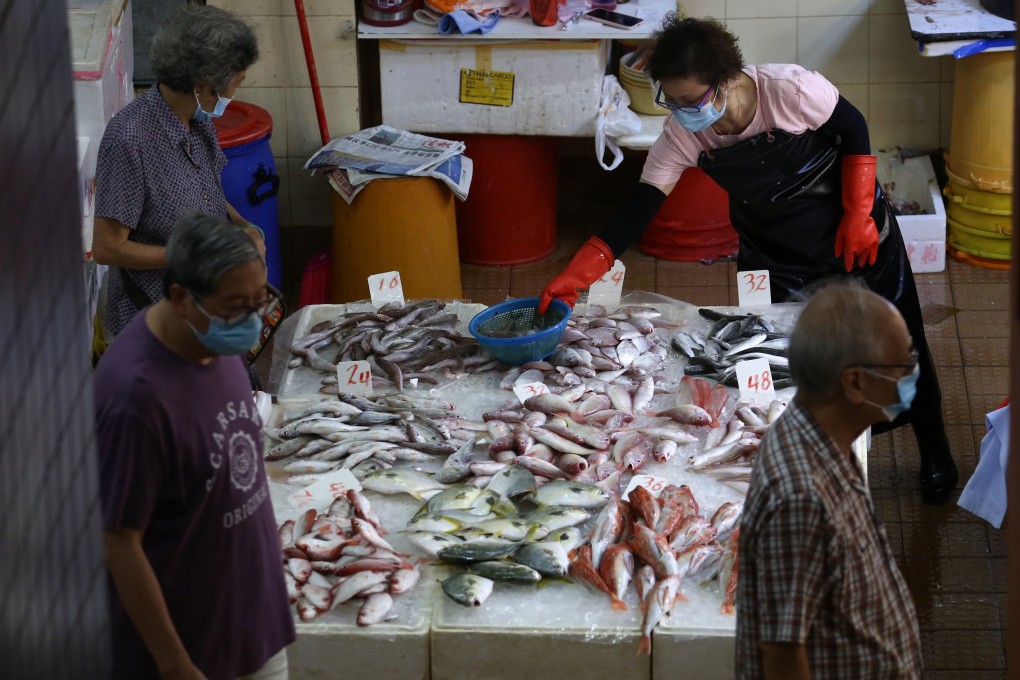Editorial | Allay concerns over seafood-related illness
- The authorities must quickly get to the bottom of what is causing a spike in cases of Invasive Group B Streptococcus, also known as GBS

An unusual spike in the number of people in public hospitals with a potentially dangerous bacterial infection understandably causes concern in the midst of the Covid-19 pandemic.
Invasive Group B Streptococcus is common and harmless in healthy adults, but can cause serious illness in newborns, the elderly and people with certain chronic conditions. There have been seven deaths among the 79 cases reported between September and October 10, and 40 per cent appeared linked to freshwater fish bought from local markets, although the Centre for Health Protection has cautioned some had existing illnesses and there is for now no proven connection. To allay fears, authorities carrying out an investigation have to be transparent and timely with findings.
Between January 2019 and last August, the number of reported monthly cases of the infection, commonly known as GBS, was between nine and 26. Of the latest incidents, 32 had the same strain of the bacteria and half were found to have handled raw fish, although had not eaten it. The fondness of Hong Kong people for seafood is reason to act promptly and find the source to ensure it is not behind the spread of the infection. That is as essential for consumers as for those involved in selling and farming fish.
Equally urgent is determining whether GBS is related to the deaths. The bacterium is found in the intestines or lower genital tract and in healthy people, does not need to be treated. Those with weakened immune systems such as the elderly, though, need to take care, while pregnant women should have antibiotics so as not to pass it on to their baby. There are usually no signs or symptoms, but in cases of sickness, sufferers can have blood, urinary tract, skin, bone or joint infection, fever or chills, confusion, a cough, shortness of breath and chest pain.
Medical experts advise that people handling fish would be wise to change their ways. Gloves are recommended to avoid infecting wounds and shoppers who like to touch to check freshness should use their eyes instead of their hands. Seafood such as grass carp or snakehead fish should be thoroughly prepared, not raw or partially cooked. Hongkongers are worried and findings of the investigation are needed quickly.
